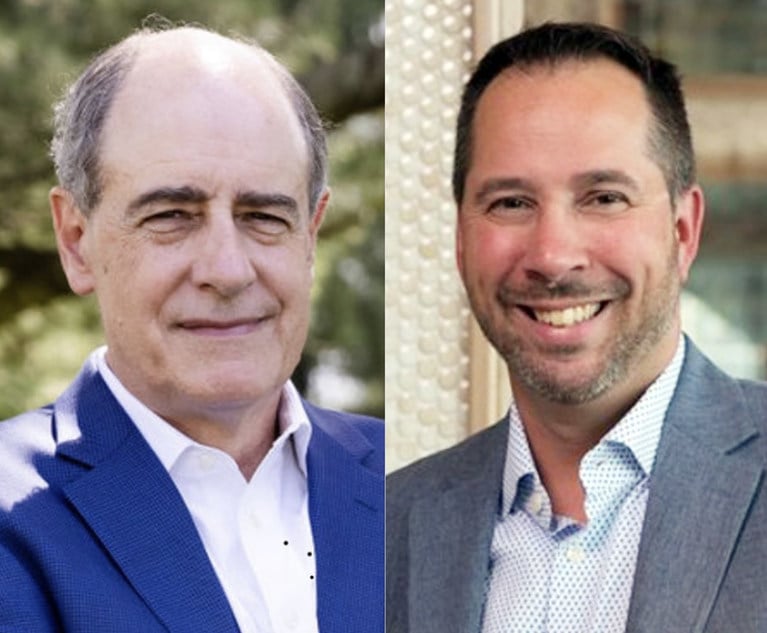Imagine this scenario: An in-house attorney discovers company conduct in the regular course of business that she believes violates her ethical responsibilities as an attorney. She drafts a legal memorandum to the Chief Executive Officer objecting to the conduct on ethical grounds. The company terminates her employment shortly thereafter. Can the in-house attorney sue for retaliatory discharge? If so, how can she prove her case if most of the relevant communications are protected from disclosure by the attorney client privilege? And how can the corporation defend against the retaliatory discharge claim without waiving the attorney-client privilege?
By way of background, the Model Rules of Professional Conduct do not prevent an in-house attorney from bringing a retaliatory discharge claim, see Model Rule of Professional Conduct Rule 1.6(b)(2). However, in pursuing these types of claims, in-house attorneys are confronted with two competing interests: the duty of confidentiality to their former client and their right to reveal information to the extent necessary to establish their claim against the former employer. Although the model rules permit in-house attorneys to pursue whistleblower claims, federal and state courts are still fleshing out the exact contours of what constitutes protected activity by in-house attorneys and how they can prove their claims in light of these competing interests.
This content has been archived. It is available through our partners, LexisNexis® and Bloomberg Law.
To view this content, please continue to their sites.
Not a Lexis Subscriber?
Subscribe Now
Not a Bloomberg Law Subscriber?
Subscribe Now
LexisNexis® and Bloomberg Law are third party online distributors of the broad collection of current and archived versions of ALM's legal news publications. LexisNexis® and Bloomberg Law customers are able to access and use ALM's content, including content from the National Law Journal, The American Lawyer, Legaltech News, The New York Law Journal, and Corporate Counsel, as well as other sources of legal information.
For questions call 1-877-256-2472 or contact us at [email protected]







